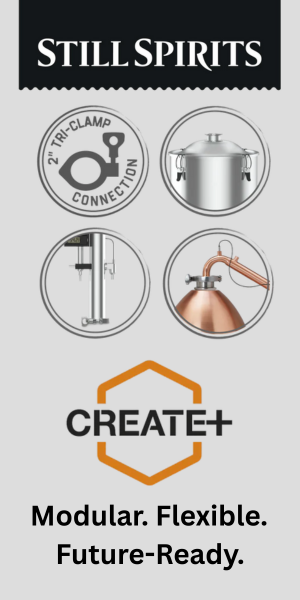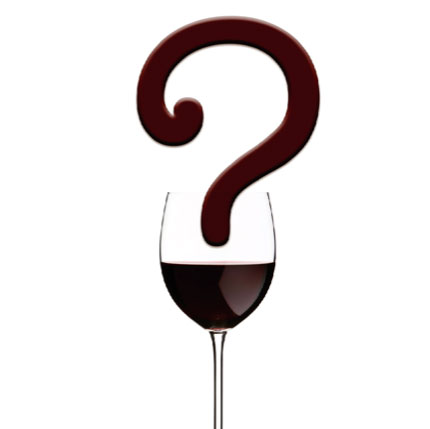Do you know why my blackberry wine’s color precipitates out?
Q: I have been making wine for 30-plus years and have had reasonable success with most recipes. One exception is blackberry wine. The wine is quite good, but six months to a year after bottling, the color precipitates out. The flavor is still okay, but the sediment is easily stirred up. I have always thought it was probably something to do with pH. However, I religiously use an acid test kit. I have even changed acid test kits, but the problem still exists. I have tried using bottle caps instead of corks, trying to rule out oxidation. Recently, I have begun to purge the carboy into which I am racking the wine with carbon dioxide gas to eliminate oxidation. Any suggestions?
— Dan Derrick • Irmo, S.C.
A: Even though I’d have to see the recipe and an outline of what you do every step of the way to truly diagnose the cause, I can, however, tell you the problem. What we’re looking at here is a classic example of what happens to all wine eventually, precipitation of solids. Even the best Grand Crus Bordeaux suffer a loss of color, tannin, and other goodies over time as the chemical equilibrium of the wine forces these compounds and others out of solution (and turns them into an unsightly glop that collects at the bottom of the bottle). Your situation seems a little bit different, however, because you’re losing a lot of precipitate in what seems a fairly short time.
The problem is most likely not one of acidity or oxidation, though both of these things are certainly important parameters in winemaking. Mentally search through your winemaking procedure for a possible culprit, one that might affect or completely upset the chemical equilibrium in the bottle and cause these colored compounds to drop to the bottom like so many lead weights. Things that come to mind: Are you storing your wine properly? Extreme heat or cold or even drastic shifts in temperature can cause tannins and anthocyanins (the astringent compounds and the colored compounds in wine, respectively) to change their chemical structure so that they no longer remain soluble in the wine like they’re supposed to. Make sure your wines are not subjected to large swings in temperature during storage. I keep my wines in the crawlspace under my stairs, a spot that stays a pretty constant temperature year-round.
Are you racking your wines enough? If you don’t go through at least three or four rackings before you bottle your wines, you could greatly enhance the chance of gook ending up in your bottles — even if the wine appeared clear enough originally. Most commercial wines are racked at least three or four times during the production process and then are aged in barrels or tanks for at least six months before bottling.
Are you introducing any extra proteins to the wine (such as some types of yeast nutrient that are high in protein content) before bottling and not allowing adequate time for these compounds to settle out? Proteins have the nasty habit of pulling anthocyanins out of solution and in fact are often used as a pre-bottle fining agent to “soften” wines by doing just that. Beware of recipes and procedures that don’t allow adequate settling time — and subsequent racking time — after the addition of proteinaceous agents and other additives.
Aside from these processes and storage parameters, it could be that the fruit (in this case, blackberries) doesn’t lend itself well to the kind of winemaking that you’re doing. Many fruit-wine makers find that they have a difficult time getting their fruit of choice to “behave” and it’s usually not a question of acidity, pH, or oxidation; some fruit just doesn’t lend itself to winemaking without a lot of human intervention. I suggest using pectic enzymes to break up some of the long-chain carbohydrate compounds that can mess up a fruit wine’s stability, though blackberries are not a naturally pectin-rich fruit like, say, apples or pears. You also might want to try to use at least a 50-50 ratio of grape juice concentrate to blackberry juice. Concentrate is available in all winemaking supply stores. I suggest using Zinfandel or Merlot juice. This will provide a healthier environment for the yeast and compensate for many of the problems that can occur when fermenting with 100 percent non-grape fruit juice and still maintain a blackberry flavor and aroma profile.
The Wine Wizard is an expert on home winemaking whose identity, like the identity of all superheroes, must be carefully guarded. Send in your question to the wizard at wiz@winemakermag.com.


